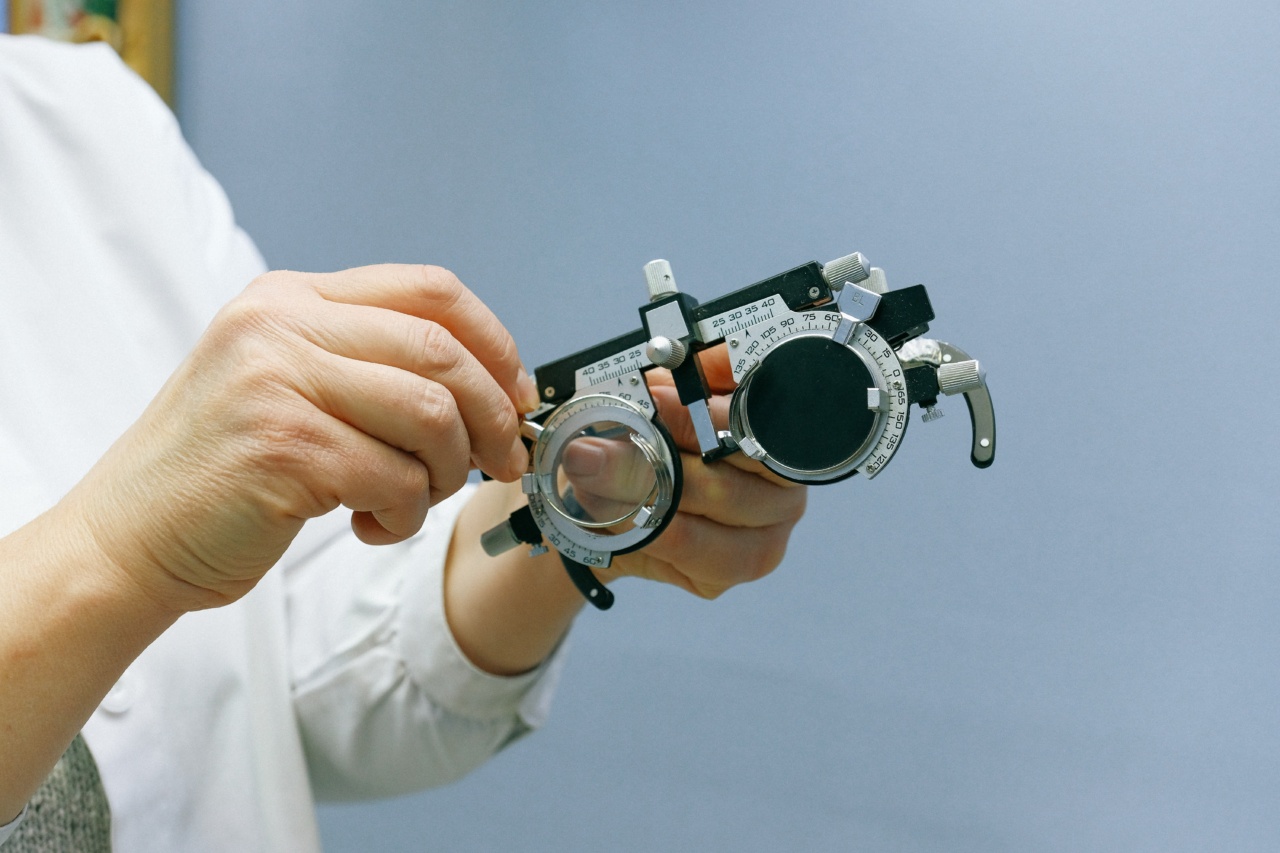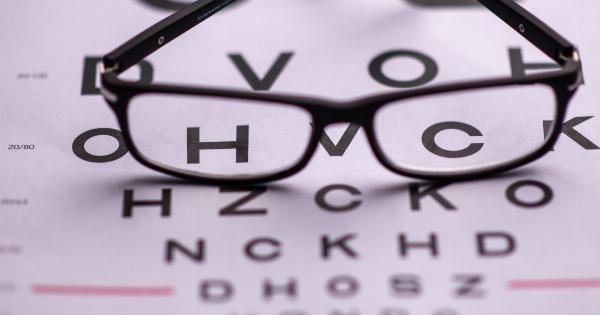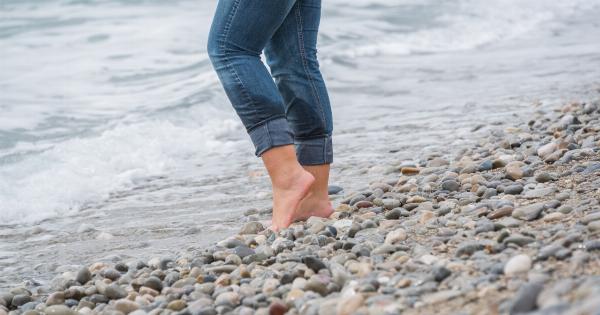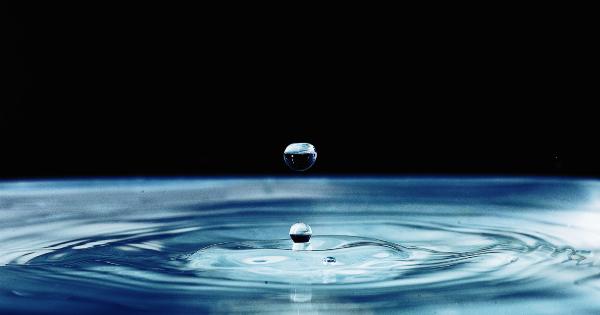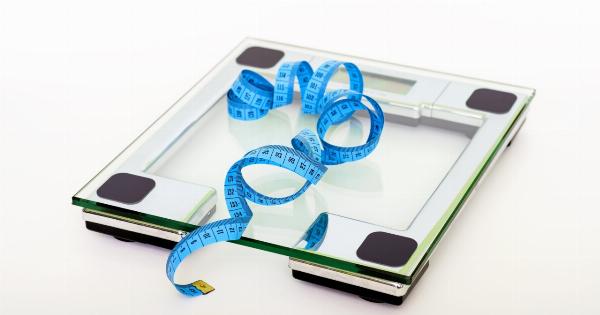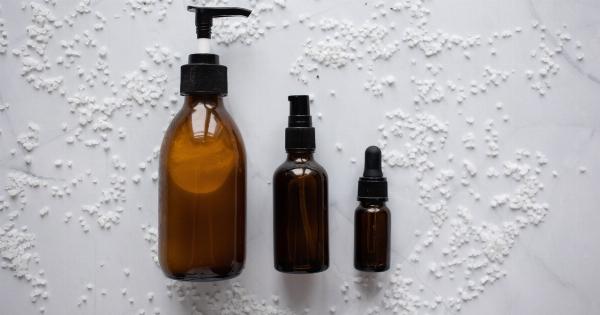Water retention, also known as edema, occurs when excess fluid builds up in the body’s tissues. It can cause swelling and discomfort, and in some cases, may be a sign of an underlying health condition.
While water retention is common and often harmless, it’s important to identify the causes and take necessary steps to address it. This article provides a simple test to determine if you are retaining water and offers insights on how to manage the condition.
What is water retention?
Water is a vital component of our bodies, making up around 60% of our total weight. It plays a key role in maintaining various bodily functions, including temperature regulation, waste removal, and joint lubrication.
However, when the body retains more water than it eliminates, it can lead to fluid buildup in the tissues, resulting in swelling and bloating.
Causes of water retention
Several factors can contribute to water retention, including:.
1. High sodium intake
Consuming excessive amounts of sodium, commonly found in processed foods, can lead to water retention. Sodium causes the body to retain water to maintain appropriate balance, leading to bloating and swelling.
2. Hormonal changes
Hormonal fluctuations, particularly during menstrual cycles, pregnancy, or menopause, can cause water retention in some women.
3. Sedentary lifestyle
Lack of physical activity can reduce blood circulation and impair the lymphatic system, resulting in fluid buildup.
4. Dehydration
Ironically, when the body is dehydrated, it tends to hold on to water to prevent further fluid loss. In such cases, the retained water is not properly utilized, leading to bloating and puffiness.
5. Nutritional deficiencies
Inadequate intake of certain nutrients, such as vitamin B6 or magnesium, can disrupt the body’s fluid balance and contribute to water retention.
6. Medications
Some medications, including hormonal contraceptives, steroids, and certain blood pressure drugs, can cause water retention as a side effect.
7. Medical conditions
Conditions like kidney disease, heart failure, and liver cirrhosis can interfere with the body’s ability to maintain a proper fluid balance, leading to water retention.
Are you retaining water? Take this simple test to find out
While this test cannot provide a definitive diagnosis, it can help indicate if you are experiencing symptoms of water retention. Answer the following questions to evaluate your condition:.
1. Are your fingers, hands, or feet noticeably swollen?
2. Are your ankles or legs swollen?
3. Do you often wake up with puffy eyes or a bloated face?
4. Do your rings feel tighter than usual?
5. Do you have unexplained weight fluctuations, particularly sudden weight gain?
6. Do you experience bloating in the abdominal area?
7. Do you have frequent headaches or migraines?
8. Do you often feel fatigued or lethargic?
9. Do you have difficulty concentrating or experience brain fog?
10. Do you have a reduced or increased urine output?
If you answered “yes” to more than three of these questions, it is likely that you are retaining water.
Keep in mind that only a healthcare professional can provide a definitive diagnosis, so it is important to consult with them for proper evaluation and guidance.
Managing water retention
Fortunately, there are several lifestyle changes and home remedies that can help manage water retention:.
1. Reduce sodium intake
Avoid processed and packaged foods, as they often contain high amounts of sodium. Opt for fresh, whole foods and use herbs and spices to flavor your meals instead.
2. Stay hydrated
Ensure you drink enough water throughout the day to maintain proper hydration levels. This helps prevent the body from holding on to water in response to dehydration.
3. Eat diuretic-rich foods
Include foods with natural diuretic properties, such as cucumber, watermelon, lemon, celery, and asparagus, in your diet to promote urine production and reduce fluid retention.
4. Exercise regularly
Engage in regular physical activity to improve blood circulation and lymphatic flow. This helps eliminate excess fluid and reduce water retention.
5. Elevate your legs
If you experience swelling in your legs or ankles, elevate them above your heart whenever possible to promote circulation and reduce swelling.
6. Avoid prolonged sitting or standing
Taking breaks to move around throughout the day prevents blood and fluid from pooling in the extremities, reducing the risk of water retention.
7. Manage stress levels
Chronic stress can contribute to hormonal imbalances and fluid retention. Practice stress-reducing techniques such as meditation, yoga, or deep breathing exercises.
8. Consider dietary supplements
In some cases, supplements like vitamin B6 or magnesium may help regulate fluid balance and reduce water retention. However, consult with a healthcare professional before starting any new supplements.
9. Avoid tight clothing
Wearing tight clothing can restrict blood flow and contribute to fluid buildup. Opt for loose-fitting, breathable garments to promote circulation.
10. Consult with a healthcare professional
If you continue to experience significant water retention, it is crucial to consult with a healthcare professional. They can evaluate your symptoms, identify any underlying conditions, and provide further guidance or treatment options.
